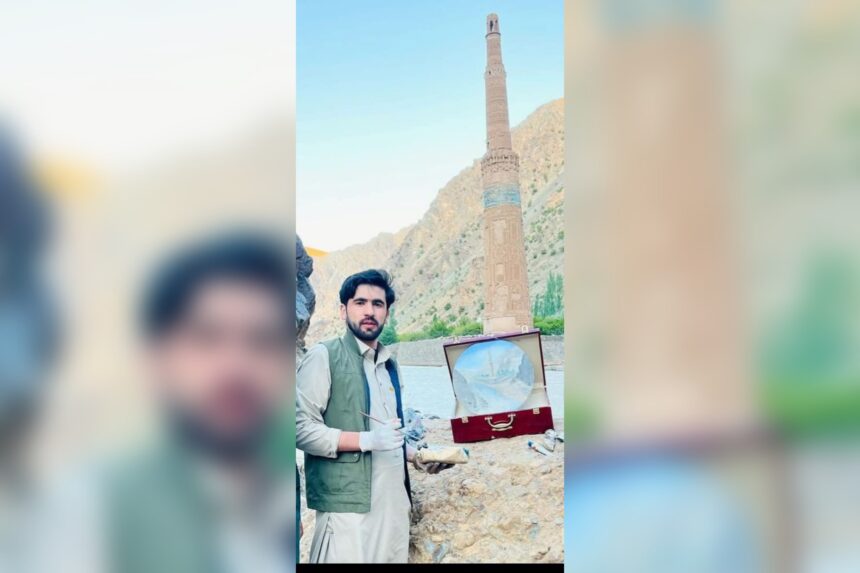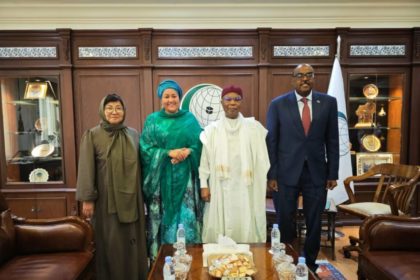RASC News Agency: Local sources in Ghor province have confirmed the disappearance of Homayoun Arefi, one of the region’s most acclaimed visual artists, who was abducted by unidentified armed men under suspicious circumstances. Arefi, whose expressive paintings gained national recognition for their vivid portrayal of Afghanistan’s cultural identity, vanished five days ago from his private studio in Firozkoh. Since then, there has been no trace of his whereabouts, raising serious concerns about his safety. Family members and close associates report that they have appealed to every branch of the Taliban’s provincial security apparatus in Ghor, only to be met with silence or denial. Despite mounting public pressure and growing fear within the local art community, Taliban authorities have failed to launch any credible investigation or provide any transparency regarding his case.
“We’ve knocked on every door, filed every inquiry. But there’s nothing just shrugs and denials,” said one of Arefi’s relatives. “The authorities are either unwilling or complicit.” This incident is not isolated. Just days prior, a young medical doctor disappeared under similar circumstances in Balkh province. Across Taliban-controlled Afghanistan, an alarming pattern is emerging: the enforced disappearance of intellectuals, professionals, and civil society figures under a regime that has repeatedly shown contempt for due process and human rights norms. Reports from local residents indicate that arbitrary arrests, secret detentions, and intimidation by Taliban intelligence units have become increasingly common. Victims are often taken without formal charges, legal recourse, or communication with their families—a method critics describe as state-sanctioned abduction. These acts have fueled a climate of fear, where free expression, professional independence, and community trust are rapidly vanishing under Taliban rule.
“There is no law under the Taliban only fear and silence,” a Kabul-based human rights advocate told RASC. “Artists, writers, and professionals are being erased one by one, and no one is held accountable.” The targeting of cultural figures like Arefi not only silences individual voices but signals a broader attempt by the Taliban to suppress Afghanistan’s pluralistic identity and cultural heritage. By neglecting to protect citizens and refusing to uphold even the most basic human rights, the Taliban regime continues to deepen its isolation and delegitimize its already fragile governance. Meanwhile, human rights organizations are calling for an independent international investigation into the wave of disappearances and detentions in Afghanistan. The United Nations and other global stakeholders are being urged to hold the Taliban accountable for the erosion of civil space, especially the safety of intellectuals, artists, and humanitarian professionals.
As the search for Homayoun Arefi continues, his case has become a painful symbol of what many fear is a deliberate campaign to eliminate independent thought and creativity from Afghan society another grim chapter in a nation being silenced under authoritarian rule.






